Project Information
Darling River Conservation Initiative Site #2
Human Induced Regeneration
Since 2018, Rachael and Brendan Litchfield have been running a carbon project at Blue Hills near Cobar, New South Wales. According to them, the project allows them “to make Blue Hills a functional, profitable and ethical farm whilst leaving our land in a better condition for the next generations.”
The income from the project has provided the Litchfields with better financial security, allowing them to make significant improvements to the property. “Coming out the other side of the drought with no stock, no feed, was rough,” they say. “So to be able to get back on our feet, and now, having the carbon income earmarked as money to fix things, we can improve things. It’s truly a life-changer to our farming practices.”
The Litchfields have upgraded fence lines to allow for stock rotations and prevent overstocking of project areas, and they regularly remove goats from the landscape to alleviate environmental damage.
They are working to add firebreaks to protect their carbon farming area, which in turn, protects the stock and feed across the property. With the additional income they have also been able to hire a local employee, reducing their workload and improving efficiency.
Though the project has only been running for a few years, the Litchfields have noticed that even in the drier times, the vegetation quickly bounces back thanks to better management. For the Litchfields, the carbon project has enabled them to improve their land by making simple and practical changes to their farming practices. “Brendan and I feel with the carbon income’s help, the improvements we can make will endure,” says Rachael. The Litchfields believe that their children will continue farming at Blue Hills, taking over “something that will be in a better condition than when we bought it.”
Key Benefits
We support the Sustainable Development Goals
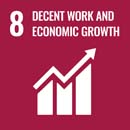


Statistics
Methodology
Human-Induced Regeneration of a Permanent Even-Aged Native Forest – 1.1 Methodology Determination 2013
Registered ID
Date registered
October 2018
Project area
2,649ha
Permanence
100yrs
Location
Cobar, NSW


